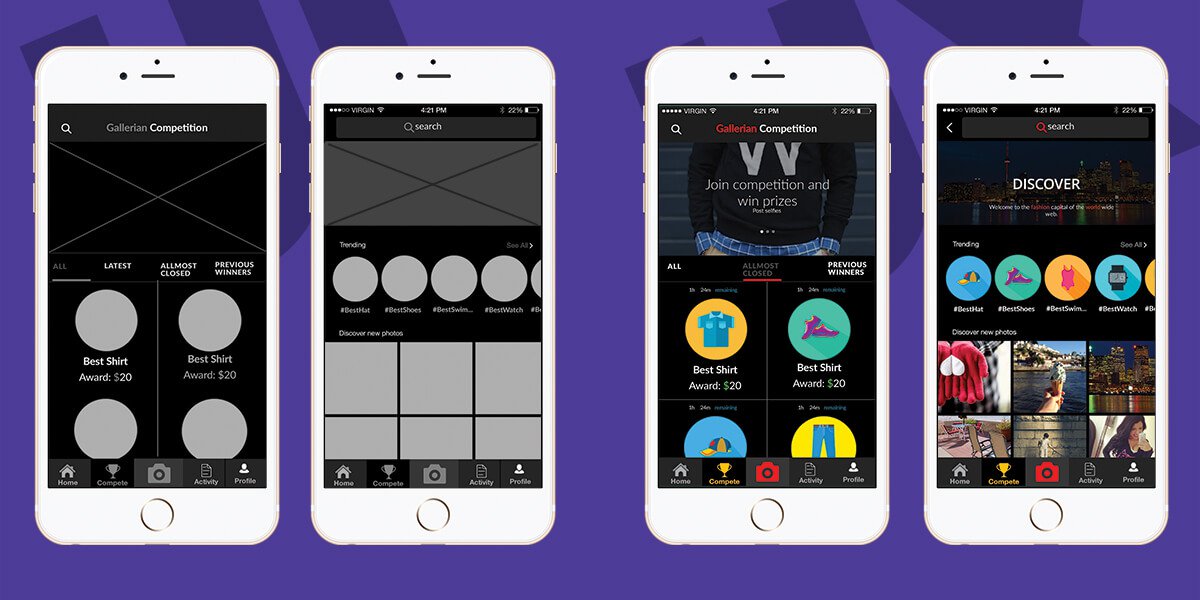
Building User-Centric Apps: A Guide to Effective User Research
By Udit Agarwal

Creating user-centric apps is essential for success in today’s competitive digital landscape. User research is pivotal in understanding user needs, preferences, and behaviors, enabling developers to design and deliver applications that resonate with their target audience. This guide delves into the importance of user research in app development and provides insights into conducting effective research to build apps that genuinely cater to users’ demands.
Understanding User-Centric App Development:
User-centric app development revolves around putting the user at the center of the design process. Rather than making assumptions about what users want, developers gather empirical data through research to make informed decisions. This approach enhances user satisfaction and increases the chances of app success in a competitive market.
The Role of User Research:
User research serves as the foundation for creating user-centric apps. It involves gathering insights about user behaviors, preferences, pain points, and motivations. By understanding how users interact with similar apps, developers can identify opportunities to improve the user experience and provide unique value.
Types of User Research:
- User Interviews: Conducting one-on-one interviews with target users helps developers gain qualitative insights into their needs, expectations, and pain points. Open-ended questions encourage participants to share their thoughts freely.
- Surveys: Surveys help gather quantitative data from a larger audience. They provide insights into user demographics, usage patterns, and preferences.
- Observational Studies: Directly observing users as they interact with an app provides valuable insights into their behavior, frustrations, and areas of improvement.
- Competitor Analysis: Studying similar apps in the market helps identify their strengths and weaknesses. This analysis informs the creation of unique features that stand out.
- Usability Testing: Observing users navigate through app prototypes or early versions highlights usability issues, enabling developers to make necessary improvements.

Effective User Research Process:
- Define Objectives: Clearly outline the goals of your user research. What do you want to learn? Are you focused on improving a specific feature or overall user experience?
- Identify Target Users: Define your app’s target audience based on demographics, behaviors, and preferences. It helps ensure your research is relevant.
- Create Research Plan: Develop a plan outlining the research methods, participants, and timeline. Ensure the program aligns with your research objectives.
- Gather Data: Execute your research plan by conducting interviews, surveys, usability tests, or other methods. Record and analyze the data collected.
- Identify Patterns: Look for patterns and trends in the data. Are there common pain points or preferences among users?
- Generate Insights: Transform data into actionable insights. What improvements can we make to enhance the user experience?
- Prototype and Test: Develop prototypes based on the insights gathered. Test these prototypes with users to validate improvements.
Benefits of User-Centric App Development:
- Enhanced User Satisfaction: Apps catering to users’ needs and preferences result in higher user satisfaction, increasing engagement and retention.
- Reduced Development Costs: User research helps identify potential issues early in development, minimizing costly redesigns and updates.
- Differentiation: By addressing users’ pain points and providing unique features, user-centric apps stand out in a crowded market.
- Increased User Adoption: When users find value in an app that aligns with their preferences, they are likelier to adopt and recommend it to others.
- Long-Term Success: Apps prioritizing user needs are more likely to remain relevant and successful over time, building a loyal user base.
Conclusion:
User-centric app development is a holistic approach that places users’ needs and preferences at the core of the design process. Effective user research empowers developers to create applications that resonate with users, enhancing user satisfaction, increased engagement, and long-term success. By understanding the importance of user research and implementing an iterative process, developers can build apps that truly deliver value and meet the evolving demands of users in the dynamic digital landscape.